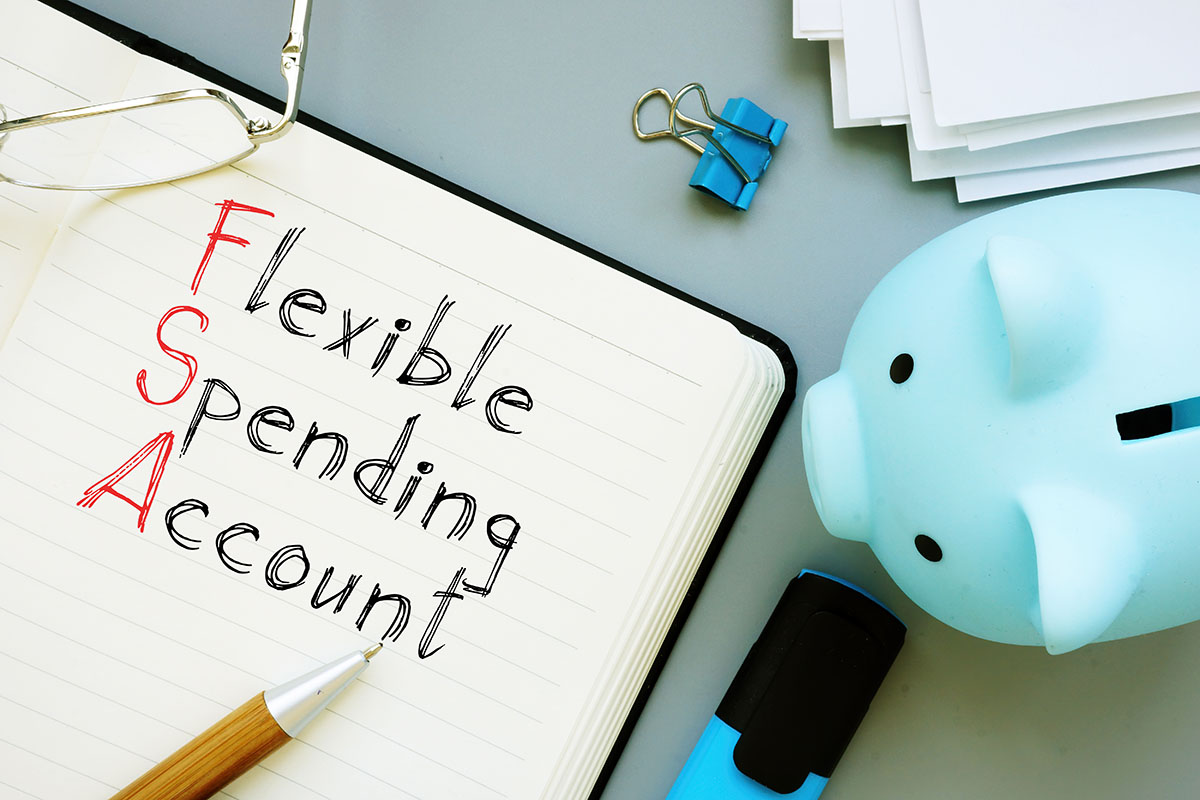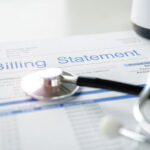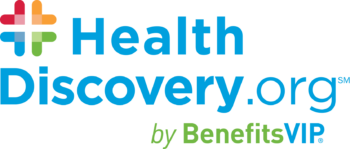A flexible spending account, or FSA, provides you with an important tax advantage that can help you pay health care and dependent care expenses on a pre-tax basis. By anticipating your family’s health care and dependent care costs for the next plan year, you can lower your taxable income.
Essentially, the Internal Revenue Service (IRS) set up FSAs as a means to provide a tax break to employees and their employers. As an employee, you agree to set aside a portion of your pre-tax salary in an account, and that money is deducted from your paycheck over the course of the year. The amount you contribute to the FSA is not subject to social security (FICA), federal, state or local income taxes—effectively adjusting your annual taxable salary. The taxes you pay each paycheck and collectively each plan year can be reduced significantly, depending on your tax bracket. As a result of the personal tax savings you incur, your spendable income will increase.
The Health Care Reimbursement FSA
The health care reimbursement FSA lets you pay for certain IRS-approved medical care expenses not covered by your insurance plan with pre-tax dollars. For example, cash that you now spend on deductibles, copayments or other out-of-pocket medical expenses can instead be placed in the health care reimbursement FSA pre-tax.
Health FSAs employ a “use-it-or-lose-it” model. If you do not use the funds that you contribute to your FSA within the end of the year, you will have to forfeit those funds. However, employers also have the option of allowing employees to carry over a set amount of unused funds from one year to the next. In addition, any amount that is carried over does not count toward the maximum contribution limit.
Eligible Expenses
Eligible health care expenses for the health care reimbursement FSA include more than just your deductible and copayments. You can also reimburse items such as prescription drugs, dental expenses, eye glasses and contacts, certain medical equipment and many more items. For more information about eligible medical expenses, please refer to IRS Publication 502, Medical and Dental Expenses, available at irs.gov.
Over-the-counter drugs used to be eligible expenses, but a law effective Jan. 1, 2011, only allows claims for over-the-counter medication or drug expenses (other than insulin) to be reimbursed if the patient has a prescription. This new rule does not apply to items for medical care that are not considered medication or drugs. Equipment such as crutches, supplies such as bandages and diagnostic devices such as blood sugar test kits still qualify for reimbursement without a prescription.
The Dependent Care FSA
The Dependent Care FSA lets you use pre-tax dollars toward qualified dependent care. The annual maximum amount you may contribute is $5,000 (or $2,500 if married and filing separately) per calendar year.
If you elect to contribute to the dependent care FSA, you may be reimbursed for:
- The cost of child or adult dependent care
- The cost for an individual to provide care either in or out of your house
- Nursery schools and preschools (excluding kindergarten)
Eligible Expenses
In order for dependent care services to be eligible, they must be for the care of a tax-dependent child under age 13 who lives with you, or a tax-dependent parent, spouse or child who lives with you and is incapable of caring for himself or herself. The care must be needed so that you and your spouse (if applicable) can go to work. Care must be given during normal working hours (instances such as Saturday night babysitting does not qualify) and cannot be provided by another of your dependents.
Is the FSA program right for me?
Flexible spending accounts are beneficial for anyone who has out-of-pocket medical, dental, vision, hearing or dependent care expenses beyond what his or her insurance plan covers. It’s easy to determine if an FSA will save you money. At enrollment time, you will need to determine your annual election amount. Estimate the expenses that you know will occur during the year. These include out-of-pocket expenses for yourself and anyone claimed as a dependent on your taxes. If you had $100 or more in recurring or predictable expenses, the accounts can help you stretch your dollars.
How do the accounts work?
If you decide to enroll in one or both of the accounts, your contributions are taken out of each paycheck—before taxes—in equal installments throughout the plan year. These dollars are then placed into your FSA. When you have an eligible health care or dependent care expense, you must submit a claim form along with an itemized receipt to be reimbursed from your account.
The health care reimbursement FSA will reimburse you for the full amount of your annual election (less any reimbursement already received), at any time during the plan year, regardless of the amount actually in your account. The dependent care FSA will only reimburse you for the amount that is in your account at the time you make a claim.
What to Buy at Crunch Time
Concentrate on using those funds for medical expenses that you have been putting off. If you haven’t been to the dentist all year, schedule a teeth cleaning. If there is a screening or procedure you’ve been putting off, use FSA funds for that. You should focus on using that money to keep yourself as healthy as possible. Another smart option may be a replacement or spare set of eye glasses or contact lenses, or an eye exam if you haven’t had one recently.
Be sure to ask your Benefits Advocate or HR representative for a full list of eligible expenses.
How to Plan Ahead
Because an FSA is such a beneficial money-saving tool, it is natural to want to make the most of the tax advantage. However, putting too much money in the fund may not benefit you if you have to spend it on unnecessary expenses or fail to spend the money at all. The trick is to allocate an appropriate amount to your FSA in the first place.
Look at your expenses from the last few years and determine what your average out-of-pocket medical expenses have been. Also consider if the following year will bring any big life changes such as a marriage, divorce, a new baby or changed dependent status.














